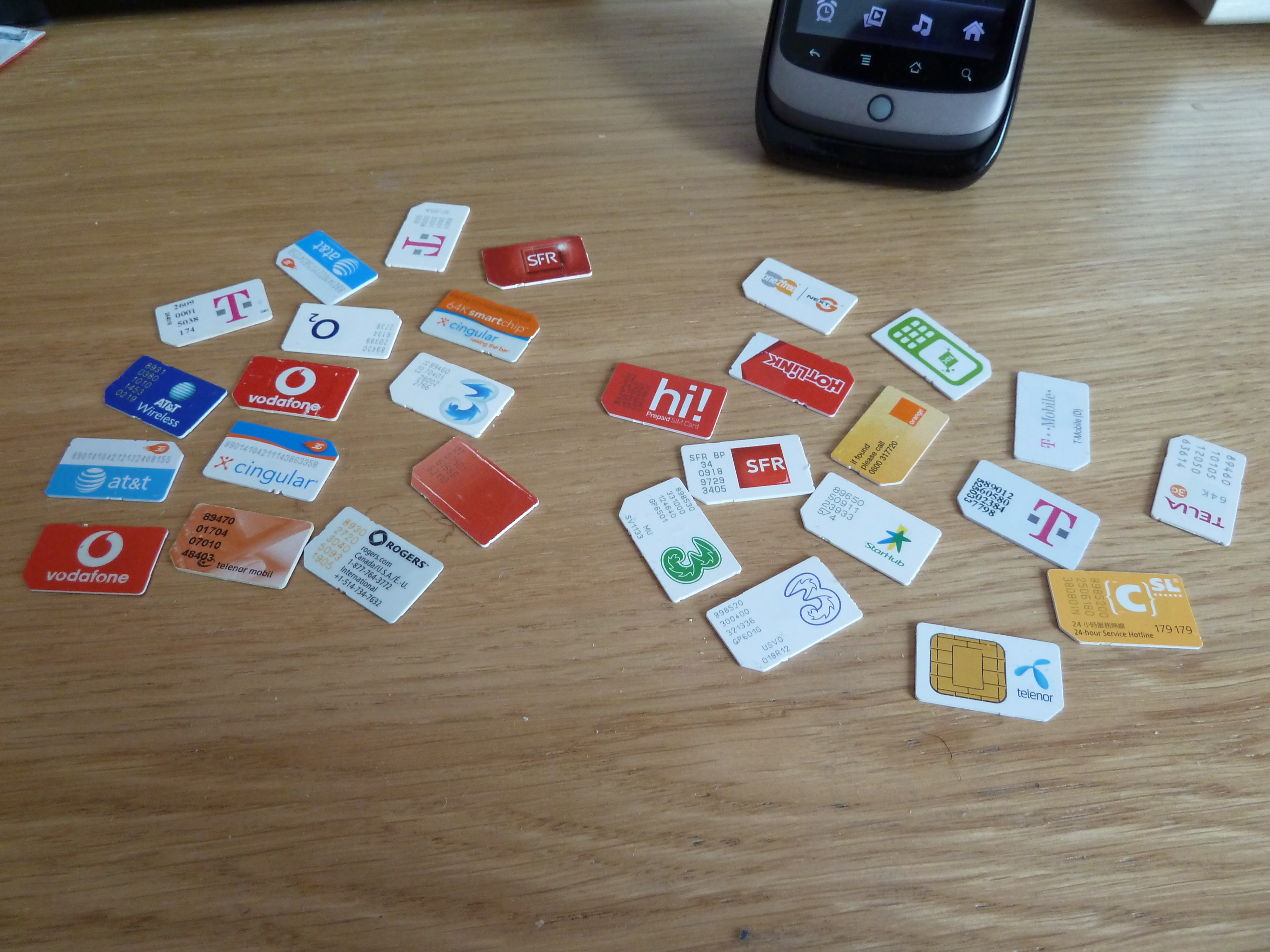Delhi Man Loses Rs 13 Lakh in SIM Swap Fraud: Here Are 12 Ways to Protect Yourself!
Ensure that you keep your personal details ‘personal'. Things like your maiden name, your first friend in college, the name of your pet – are details that impersonators look for on social media groups online, so keep them well-guarded.

There are frauds of so many different kinds taking place each day. Those who are part of such groups come up with innovative ways to dupe the customer’s day in and day out. Read on to find out about the latest fraud involving your SIM card.
You get a call ‘allegedly’ from your network service provider. You are told that since your KYC is not done your SIM will be blocked within the next half an hour. Your only option is to follow the instructions the caller is providing you with.
A text message is sent to your number and you are asked to forward it on the official customer care number. Once you do so, your SIM will be blocked within 15 minutes.
What you have forwarded without realising is the 16-digit number of the new SIM card which the fraudster group has obtained. With the help of a blank SIM, the group manages to access your bank account details and OTP and other security passwords. Within a span of a few minutes, your bank account will be wiped clean.
This is being called a SIM swap scam. So beware!
Here’s how you can protect yourself against this fraud:
1. If you stop receiving calls or texts all of a sudden, make sure you reach out to your service provider to check. Do not act without verifying with your bank.
2. Never disclose your Internet banking password or personal identification number (PIN) to anyone. Even your bank will never ask for this.
3. Ensure that you sign up to get notification of every transaction on two different channels, that is e-mail and SMS.

Photo Source
4. Maintain a separate email address for your online banking account and financial transactions from your social media accounts.
5. Don’t ever reply to suspicious emails. Your bank would never ask you to enter any confidential information into an email.
6. Ensure that you keep your personal details ‘personal’. Things like your maiden name, your first friend in college, the name of your pet – are details that impersonators look for on social media groups online, so keep them well-guarded.
7. Every once in a while get your bank account statement and go through it to understand the transactions that you have made.

Photo Source: kev-shine
8. Always visit the official website of you bank by typing in the address. Bookmarking the website isn’t safe because there are forms of malware that could tamper with bookmarks so that they redirect you to phishing websites.
9. Ensure that you periodically change your passwords. Also do remember them.
10. Do not store or save any personal or bank related details on a shared computer or network.
11. Do not download any third part app that you feel looks suspicious.
12. Keep anti-virus software up-to-date on your personal computer as well as phone.
Keep all these points in mind to avoid being a victim of SIM swap.
(Edited by Gayatri Mishra)
Like this story? Or have something to share?
Write to us: [email protected]
Connect with us on Facebook and Twitter.
NEW: Click here to get positive news on WhatsApp!
This story made me
- 97
- 121
- 89
- 167
Tell Us More
We bring stories straight from the heart of India, to inspire millions and create a wave of impact. Our positive movement is growing bigger everyday, and we would love for you to join it.
Please contribute whatever you can, every little penny helps our team in bringing you more stories that support dreams and spread hope.


















